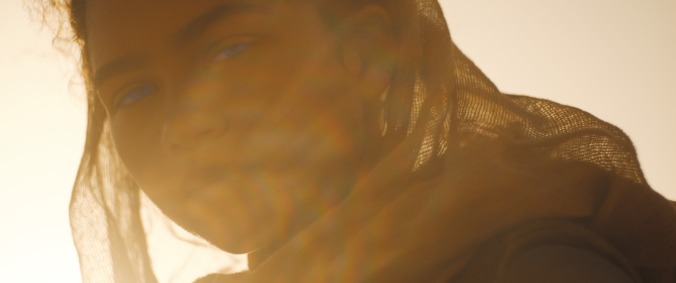Dune has finally premiered, and it’s a staggering spectacle of sci-fi imagination
Here’s our first reaction from Venice to Denis Villeneuve’s sci-fi epic

Following a series of pandemic-related delays, Dune is finally here, having premiered to a rapturous reception a few hours ago at the Venice Film Festival. The last time Denis Villeneuve adapted a famous sci-fi story, audiences didn’t show up. Thankfully, he hasn’t learned from his mistakes: It’s genuinely heartening to see the Quebecois-gone-Hollywood director follow Blade Runner 2049, which didn’t earn the box office it deserved, with another glorious science fiction epic worthy of its lauded source material.
His Dune covers only half of the events of Frank Herbert’s 1965 novel. But it preserves much of the palace intrigue of the book, set in a future feudal society spread across the cosmos. The film follows Paul Arteides (Timothée Chalamet), son of Duke Leto Atreides (Oscar Isaac) and Lady Jessica (Rebecca Ferguson), a member of the religious sisterhood the Bene Gesserit. The Emperor gives stewardship of the desert planet Arrakis to Duke Leto, home to the colonized Fremen and the only place to mine Spice, the most valuable substance in the universe—a choice that enrages rival House Harkonnen. Perhaps one of the best choices Villeneuve has made is bisecting the story: Even at a colossal two hours and 35 minutes, Dune unfolds at a thrilling pace, with just enough room for effective world building and the young Paul’s coming of age, which Chalamet depicts as a seamless transition from sheltered boy to heroic leader.
Villeneuve’s vision benefits from special-effect capabilities not available to David Lynch in the 1980s or to the makers of the Y2K television miniseries. But the achievement isn’t strictly technological: The director develops a spectacular medieval-futurism aesthetic of towering stone structures and barren horizons, and uses natural landscapes to create a sense of sprawling depth. He often dwarfs his actors within the frame during the interpersonal scenes, keeping the camera distant to make them appear all the most disconnected from one another, lost and insignificant within this hostile new world.








































